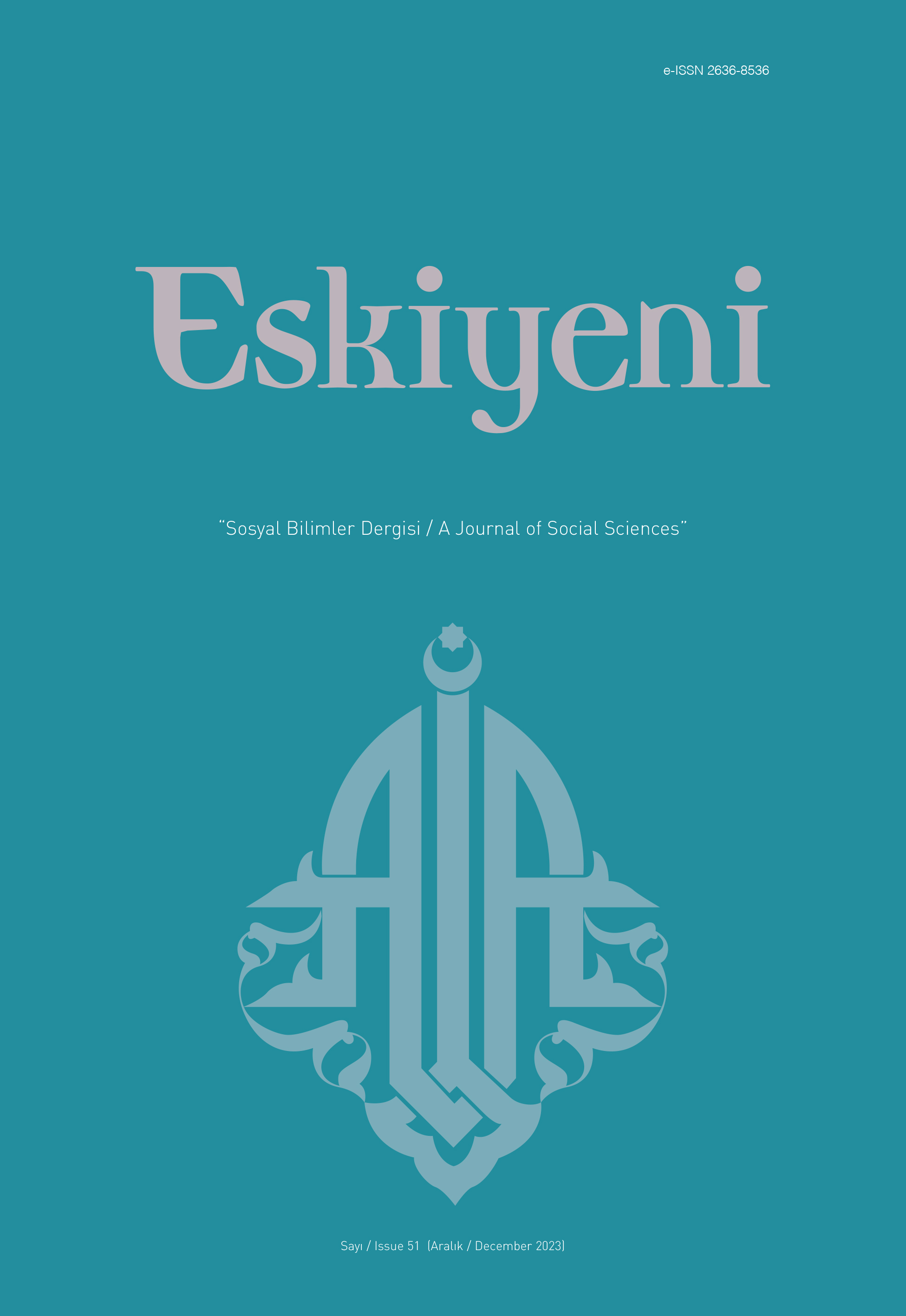İbn Sînâ’nın Uçan Adam Nazariyesi Bağlamında Nefsin Benlik Bilinci
The Self-Consciousness of the Nafs in Ibn Sina and its Evaluation in terms of Philosophy of Mind
Author(s): Mehmet Ata AzSubject(s): Philosophy, Philosophy of Mind, Philosophy of Religion
Published by: Anadolu İlahiyat Akademisi
Keywords: Philosophy of Religion; Avicenna; Flying Man Theory; Soul; Self; Consciousness;
Summary/Abstract: Although the concepts of zat/self, shu'ūr/consciousness, and al-shuʿūr bi-l-dhāt/self-consciousness have come to the fore more in connection with the concept of mind in modern studies in the field of philosophy of mind based on the data of neuro-biology and neuro-physiology, these concepts have been used in both Islamic and Western thought since the early period. Avicenna, one of the most influential philosophers of Islamic thought, in his thought experiment The Flying Man theorem, which he developed on the soul having a separate and distinct existence from the body, dealt with the relationship between the soul and the body, the essence of the soul, whether the soul has a separate and independent existence from the body, whether the soul has consciousness, and how and when the soul acquires self-consciousness. In his theory, which he discusses with partial differences in different works, Ibn Sīnā, in the first stage, justified that the soul has a separate and distinct existence from the body and that the soul has an immaterial essence. In the second stage, he indirectly explained the existence of a single essence, i.e., the dhāt that prioritizes the functions of the different faculties of the immaterial, separate, and different realities of the soul and unites these functions with the consciousness of 'I'. However, there have been various interpretations of what Avicenna actually aimed to ground in his theory. While some have argued that he dealt with the essence and existence of the soul in his theory, others have argued that he also grounded the self-consciousness of the soul in addition to this. In this study, Avicenna's theory of the flying man, will be discussed, and the main purpose of the theory will be revealed depending on the explanation of the theory. Then, it will be explained what he means by the soul being in the consciousness of its own dhāt. Ibn Sīnā's distinction between the consciousness of the self (al-shu'ūr bi-zāt) and the consciousness of consciousness (al-shu'ūr bi al-shu'ūr) will be evaluated. As a result, it will be justified that although Avicenna's theorizing primarily deals with the soul as having an immaterial essence, separate and distinct from the body, at a secondary level he also aims to prove that the soul is conscious of its own essence.
Journal: Eskiyeni
- Issue Year: 2023
- Issue No: 51
- Page Range: 1045-1073
- Page Count: 29
- Language: Turkish

